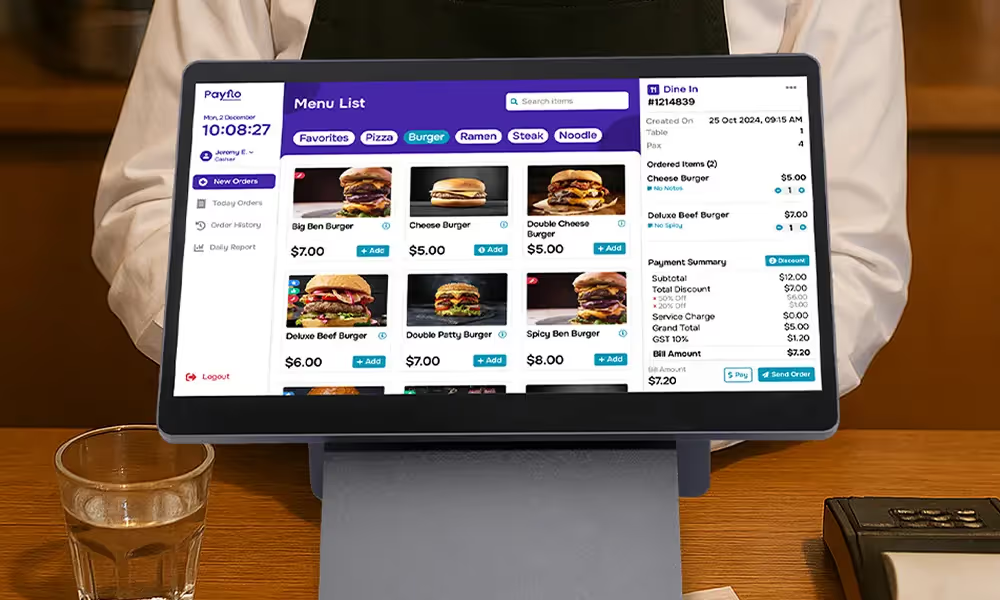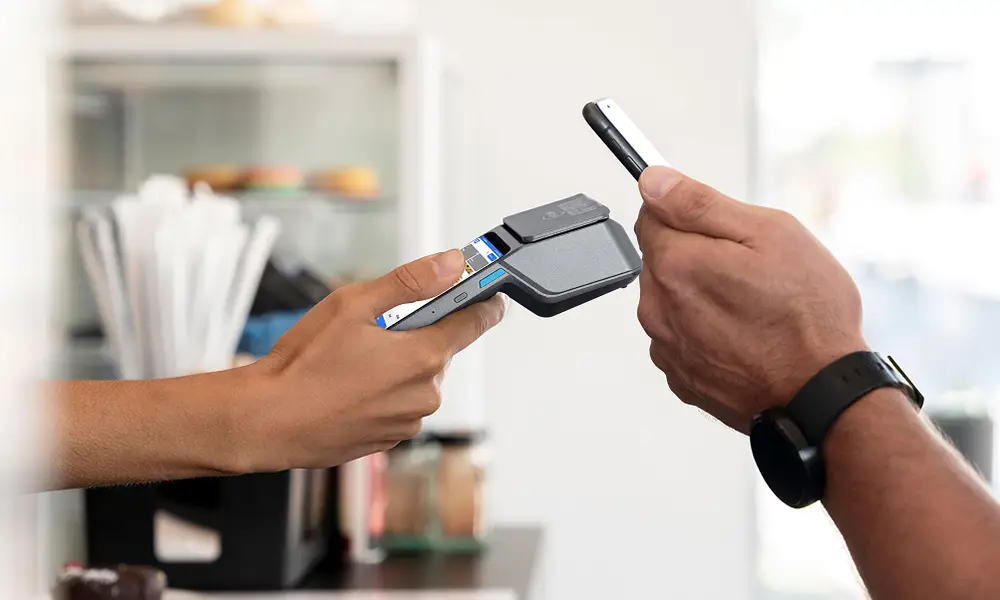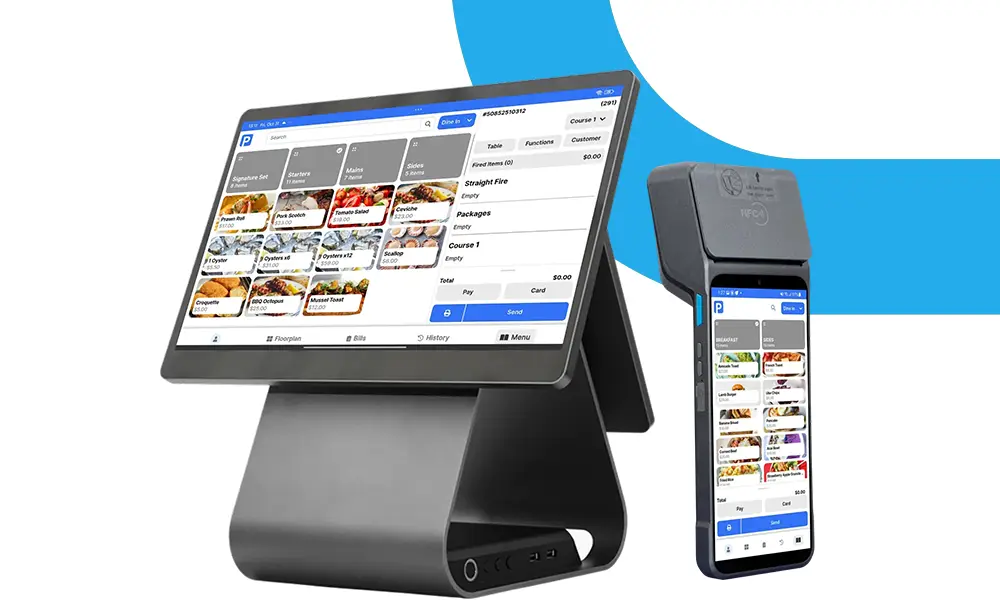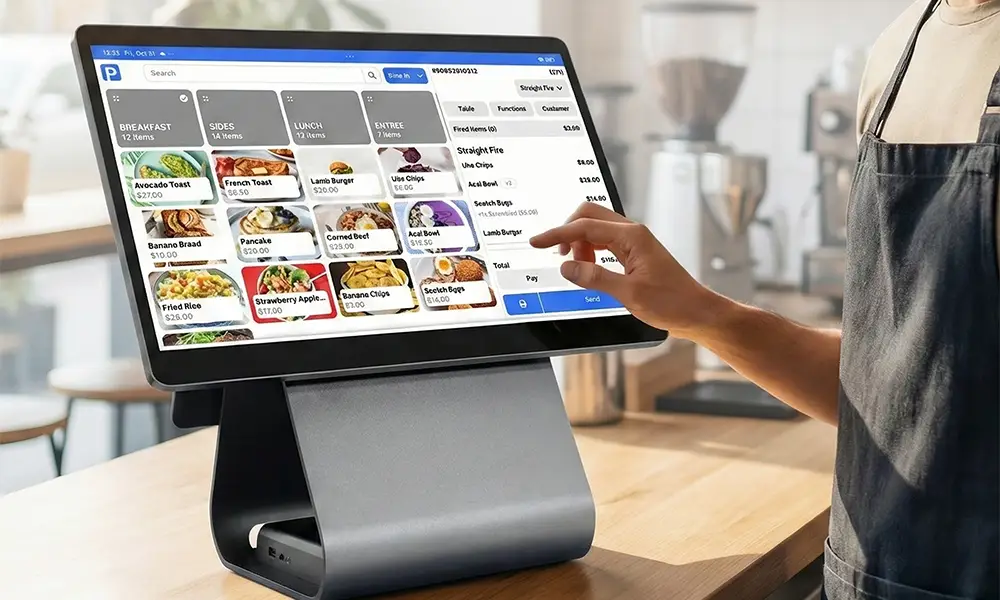Are you tired of dealing with complicated POS integrations? If you run a small business, you’ve probably faced the frustration of trying to connect your POS system to your inventory, accounting software, and other tools. It’s a headache, and it takes valuable time away from running your business.
In 2025, simplifying POS integrations shouldn’t be this hard. With technology improving, there are smarter, more straightforward ways to integrate your POS system with other software without all the confusion and delays. If you're struggling with complex systems, you're not alone. Many small business owners are overwhelmed by POS system integrations that don't seem to work well together.
In this blog, we will cover how to make simplifying POS integrations a reality for your business. From selecting the right POS system to tips for ensuring smooth integration with other tools, we’ll guide you step-by-step to make the process as easy as possible. If you're ready for a solution that won’t leave you pulling your hair out, Payflo offers simple and seamless POS solutions that could be the right fit. Visit Payflo’s website for more information.
The Problem with Complex POS Integrations for Small Businesses
POS systems are crucial for businesses to manage sales, process payments, and track inventory. However, many systems aren’t built with small businesses in mind, which often leads to frustrating integrations. Here are some key issues that businesses face:
1. Too Many Different Software Solutions
Small businesses often use multiple software tools to manage different aspects of their operations. This includes accounting software, inventory management, employee scheduling, and customer relationship management (CRM). Unfortunately, these tools don’t always integrate well with POS systems, leading to double data entry, confusion, and errors.
2. Compatibility Issues Between Systems
Not all POS systems are compatible with the tools you already use. For example, an inventory management system that works great for your business may not sync easily with your POS. This creates more work for you and increases the risk of errors.
3. Hidden Costs of Integration
While some POS systems advertise that they are easy to integrate, there are often hidden costs. These could include fees for additional software, third-party services, or even unexpected costs related to manual data entry due to poor integration. Businesses may not realise the full cost of integrating their POS system until it's too late.
4. Time-Consuming Set-Up Process
Even if your POS system does integrate with other tools, setting up the integration can take a lot of time. This is especially true if you're dealing with complex software that requires coding or customisation. This can slow down your business and delay the benefits that a good POS system should provide.
In short, simplifying POS integrations can feel like an uphill battle, especially when you’re already juggling other business responsibilities. But it doesn’t have to be this difficult. Let’s look at how you can make the process easier and more efficient.
How to Simplify POS Integrations for Your Business
Now that we understand the challenges let’s explore actionable steps you can take to simplify POS integrations and streamline your business operations.
1. Choose a POS System with Built-In Integrations
The first step to simplifying integrations is selecting a POS system that has built-in compatibility with the tools you’re already using. Many modern POS systems, like Payflo, are designed to integrate seamlessly with accounting software (such as Xero or QuickBooks), inventory management systems, and customer loyalty programs.
By choosing a system with built-in integrations, you reduce the need for third-party services or complex setups. This makes the integration process much smoother and can save you significant time and effort.
2. Look for Cloud-Based POS Systems
Cloud-based POS systems make the process of integration much easier compared to on-premise systems. With cloud-based systems, your data is stored online, meaning that updates and integrations happen automatically, without the need for manual intervention.
Cloud-based POS systems also offer flexibility, allowing you to access your business data from anywhere, at any time. This is especially useful if you run a business with multiple locations or if you’re frequently on the move.
3. Choose Systems That Offer API Access
If you're running a more complex business or need custom integrations, look for POS systems that offer API (Application Programming Interface) access. An API allows developers to build custom integrations between your POS system and other software. This gives you more control over how the systems communicate and ensures that the integration meets your specific needs.
However, keep in mind that API integrations require a higher level of technical expertise, so make sure to consult with an IT professional if you're not familiar with this process.
4. Work with a POS Provider That Offers Support
When simplifying POS integrations, it’s important to have support at hand. A good POS provider should offer customer support to help guide you through the integration process. Many providers, including Payflo, offer free phone and online support, helping you troubleshoot issues, answer questions, and guide you through setting up integrations.
5. Use Integration Platforms
If your POS system doesn’t directly integrate with other software tools, consider using an integration platform. These platforms can link your POS system to third-party apps like inventory management or accounting software. Services like Zapier or Deliverect make it easy to create automated workflows without needing any coding experience.
Using integration platforms is a cost-effective solution, and they can help you bridge the gap between different systems, making your POS system more versatile and connected.
6. Ensure Real-Time Data Syncing
When choosing a POS system, ensure that the integration supports real-time data syncing. With real-time syncing, data flows seamlessly across all your systems, and you no longer have to worry about discrepancies between your sales and inventory levels. This eliminates errors and saves time when managing your business.
Real-time syncing also ensures that your financial data is updated automatically, making it easier to track your business’s performance and plan for growth.
How Payflo Can Help Simplify POS Integrations
Payflo is designed to simplify POS integrations for small businesses. Our cloud-based POS system is built to integrate seamlessly with your existing tools, saving you time and reducing the risk of errors. Payflo’s user-friendly interface makes it easy to set up, and our customer support team is always available to help guide you through the integration process.
Key Benefits of Payflo for Small Businesses:
- Built-in Integrations: Payflo integrates directly with popular software like Xero and QuickBooks, making it easy to sync your sales, accounting, and inventory data.
- Real-Time Syncing: Ensure that all your data is up-to-date across all systems, improving accuracy and efficiency.
- Cloud-Based System: Access your data anytime, anywhere, and reduce the complexity of managing multiple tools and software.
By choosing Payflo, you can simplify the integration process, save time, and focus on what matters most: running your business. Ready to make POS integrations easier? Visit our website to get started.
Conclusion
Simplifying POS integrations doesn’t have to be complicated. By choosing the right system and following the steps outlined in this blog, you can reduce the time spent on manual processes and improve your business efficiency. If you're tired of dealing with complex integrations, Payflo offers a straightforward solution to streamline your operations and reduce headaches.
Ready to simplify your POS integrations? Explore Payflo’s POS solutions today and see how we can help your business run smoothly. Visit our website and book a demo to get started.
FAQs
1. How do I know if my POS system is compatible with my other software?
Check if your POS system offers built-in integrations with the software tools you currently use. Look for compatibility with accounting systems, inventory management tools, and customer relationship management (CRM) systems.
2. Is cloud-based POS software better for small businesses?
Yes, cloud-based POS software is ideal for small businesses because it offers flexibility, automatic updates, and scalability. It also reduces the need for expensive IT infrastructure.
3. Can Payflo integrate with my current accounting software?
Yes, Payflo integrates with popular accounting systems like Xero and QuickBooks, allowing you to sync sales and inventory data automatically.
4. What is an API, and how can it help with POS integration?
An API allows different software systems to communicate with each other. If you need custom integrations, API access lets you connect your POS system with other tools in a way that fits your business needs.
5. How long does it take to integrate Payflo with my business?
Payflo is designed to be easy to set up and integrate. Depending on your business needs, the integration process can typically be completed within a few hours, with support available if needed.


%201.svg)
%201.svg)





.png)
.png)
